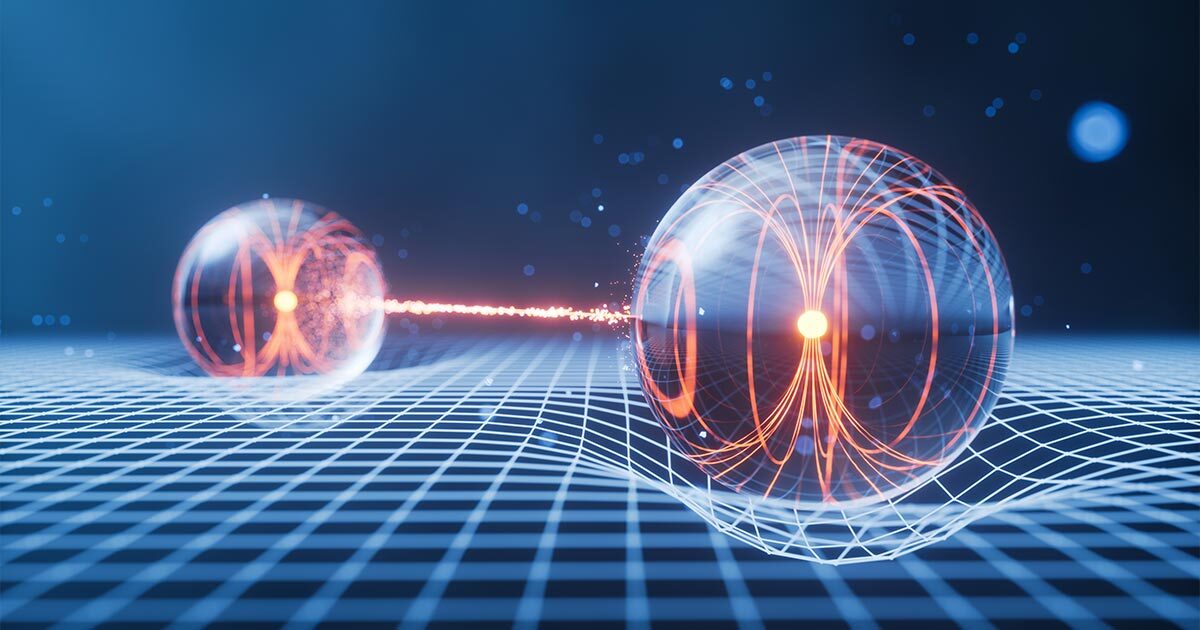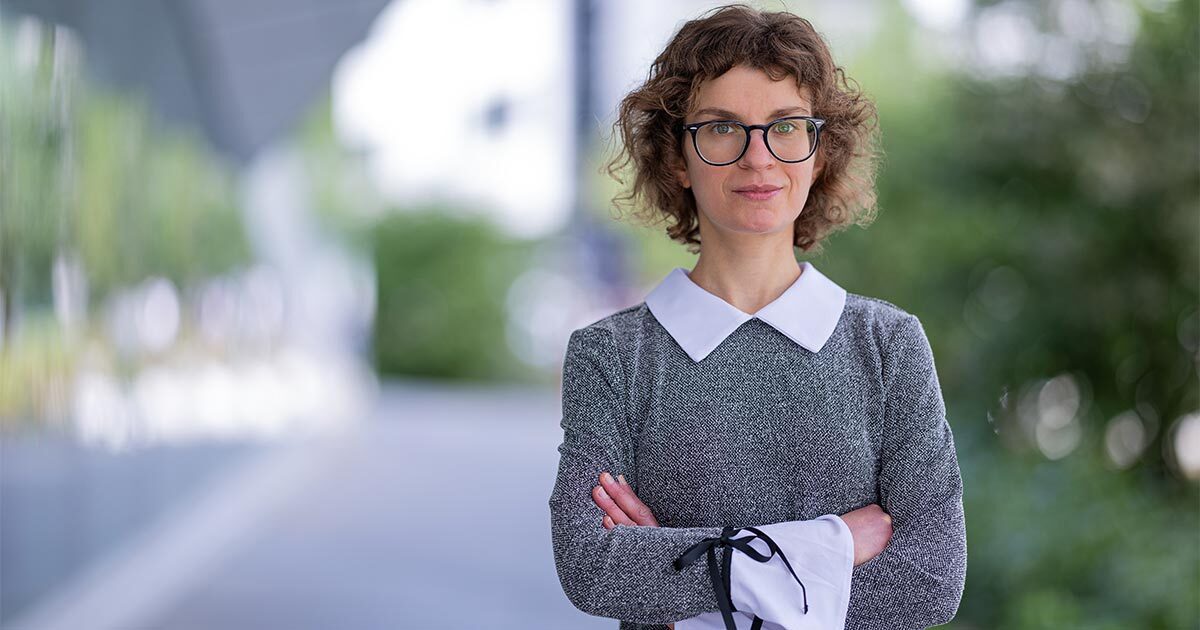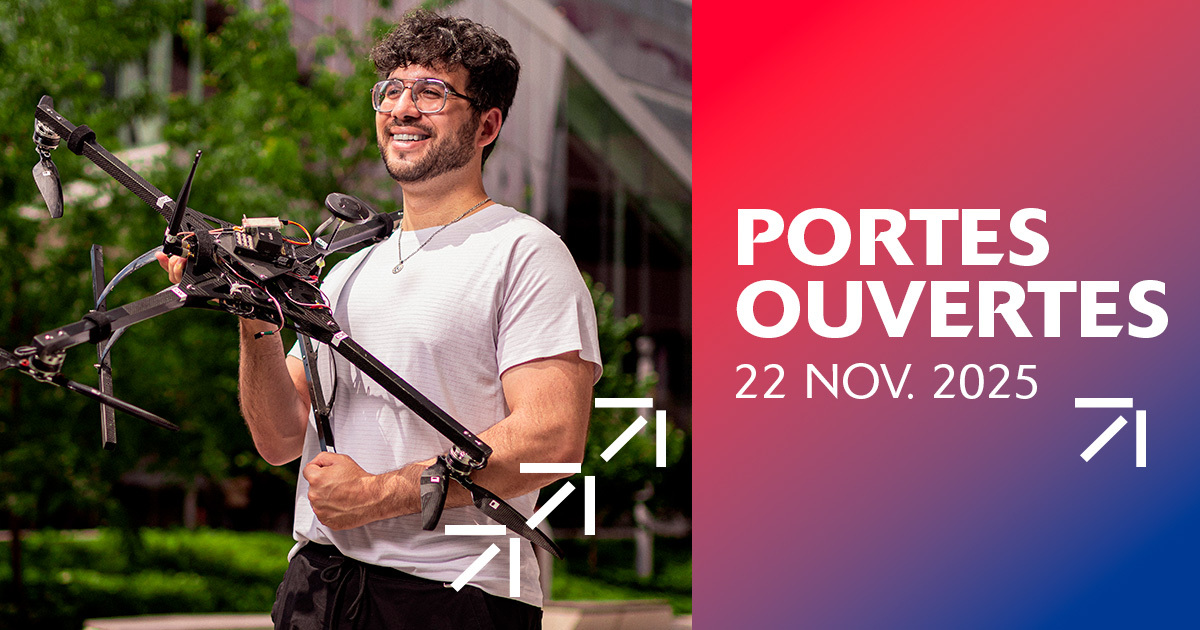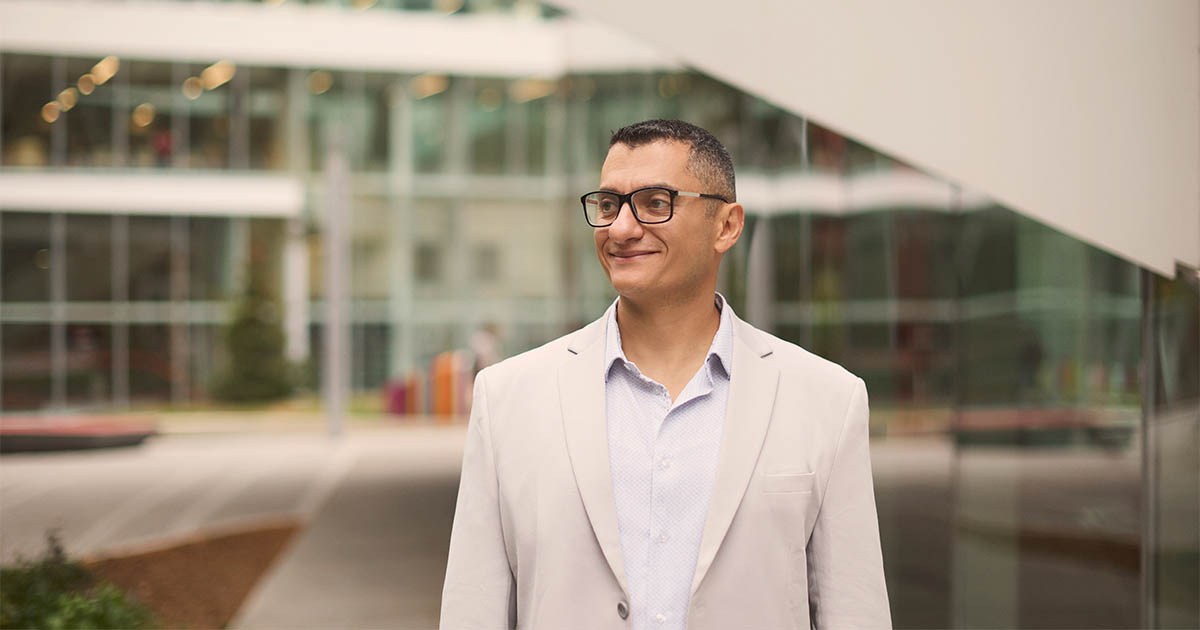
An expert in quantum optics and quantum photonics, Stefania Sciara wants the general public to have access to this technology. Using quantum cameras to detect cancer at an early stage, biosensors to detect viruses at the nanoscopic level, and quantum keys to secure communications could transform everyone's lives, not just those of scientists and businesses, according to Stefania Sciara, physicist and professor-researcher in Electrical Engineering at ÉTS.
Fell Into the Field When She Was a Kid
Stefania always knew that she would have devoted her life to science, and more specifically to physics. Originally from Sicily, Stefania earned a bachelor's degree in physics and technologies from the University of Palermo in 2014, followed by a master's degree in physics from the same institution in 2015. It was during her undergraduate studies that she discovered her passion for quantum physics. “We are used to seeing with our eyes or feeling with our fingers. Quantum physics deals with the world of the infinitely small level.” Ms. Sciara gives the example of a coin, which, according to conventional principles, has a heads side and a tails side. However, in the quantum realm, this same coin can be both heads and tails at the same time. “This is what we call quantum superposition,” explains the physicist.
Proving Her Worth at INRS
Eager to pursue PhD studies, Stefania applied to join Professor Morandotti's team at the Institut national de la recherche scientifique (INRS) in Varennes as a quantum physics theorist. Three months later, she landed with her bags packed with hope, ready to start a new chapter on a different continent.
In 2020, Stefania earned a joint international PhD in Energy and Materials Science (INRS-EMT) and in Information and Communication Technologies (University of Palermo). She completed her postdoctoral fellowship at INRS, then became head of the quantum optics and photonics team under the supervision of Professor Morandotti.
Stefania Sciara, recipient of numerous awards, is especially proud to have received the Governor General's Academic Medal in 2021 for the exceptional quality of her thesis and PhD studies.
Throughout her PhD, Stefania focused all her energy to studying the fundamental principles of quantum theory. She is fascinated by quantum entanglement, a phenomenon where two photons are linked in a way that the state of one determines the state of the other, regardless of the distance between them. “I can encode information in one particle that will transfer it to the other because they are connected.”

Despite her many years of study, Stefania felt that something was missing. “I realized that theory alone was not enough,” she explains. She wanted to get more involved. Working with a team of experimental researchers, Stefania found a way to characterize a specific class of entangled photons using a quantum operator. This mathematical entity reduced the number of measurements required from 6,000 to 243. “We completed this experiment in six months instead of a year,” she exclaims proudly.
Stefania Sciara is very grateful to Professor Morandotti, who gave her numerous opportunities to further her research. And it was her mentor at the University of Palermo, Antonino Messina, who truly inspired her. “He taught me physics and statistics, and above all, he taught me to believe in myself and to turn my anxiety into a source of energy to strengthen my skills,” she explains.
ÉTS, the Quantum Connection
In September 2025, Stefania Sciara's impressive career path led her to ÉTS, where she accepted a position as a professor and researcher in quantum photonics at the Electrical Engineering Department. She admits to being passionate about exploring the interactions between quantum photonics and various engineering disciplines. But what matters most to her is teaching the next generation of engineers the importance of relying on their integrity as a moral compass.
“Once it leaves the laboratory, our research can become a springboard for the development of new technologies; we must be aware of the potential impact of our discoveries,” says Professor Stefania Sciara.



